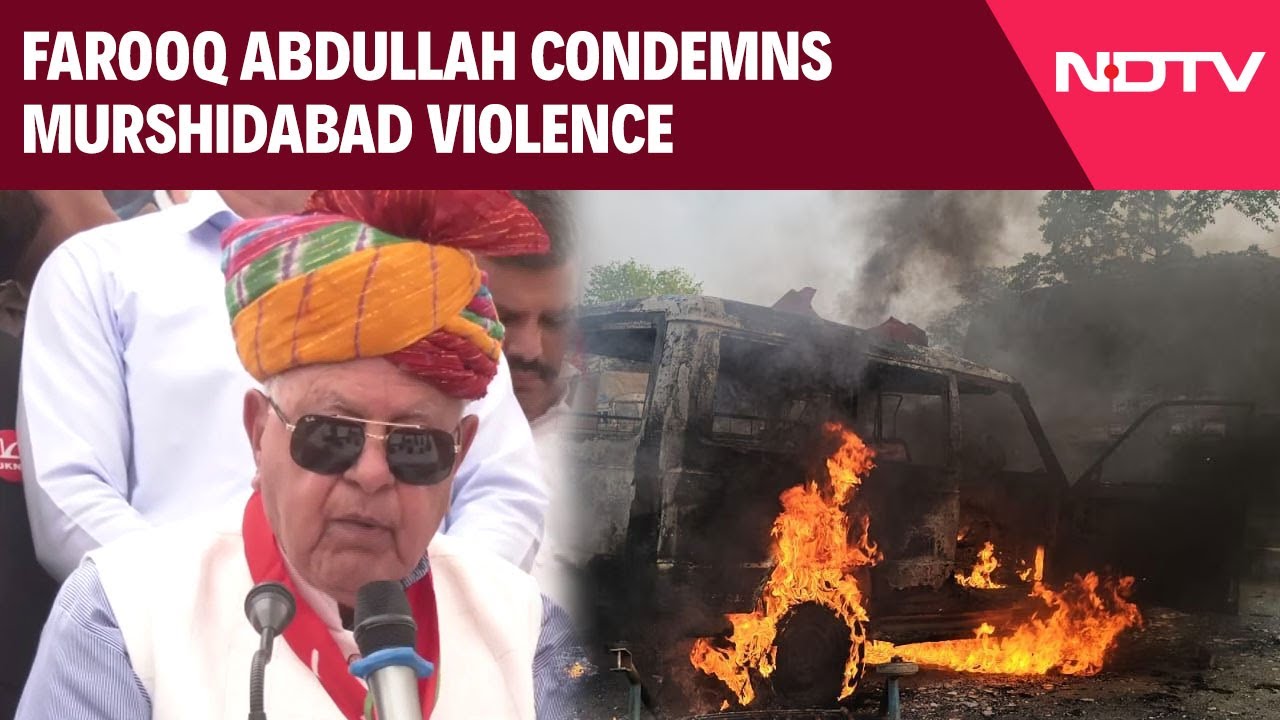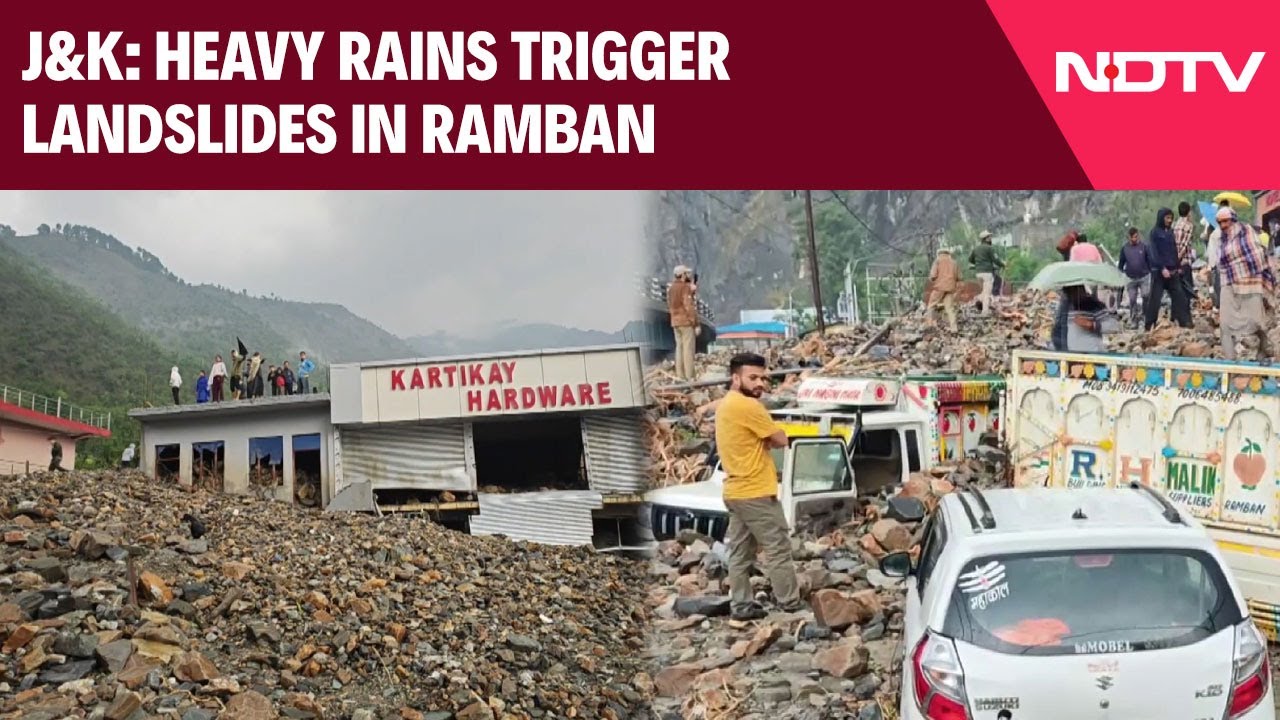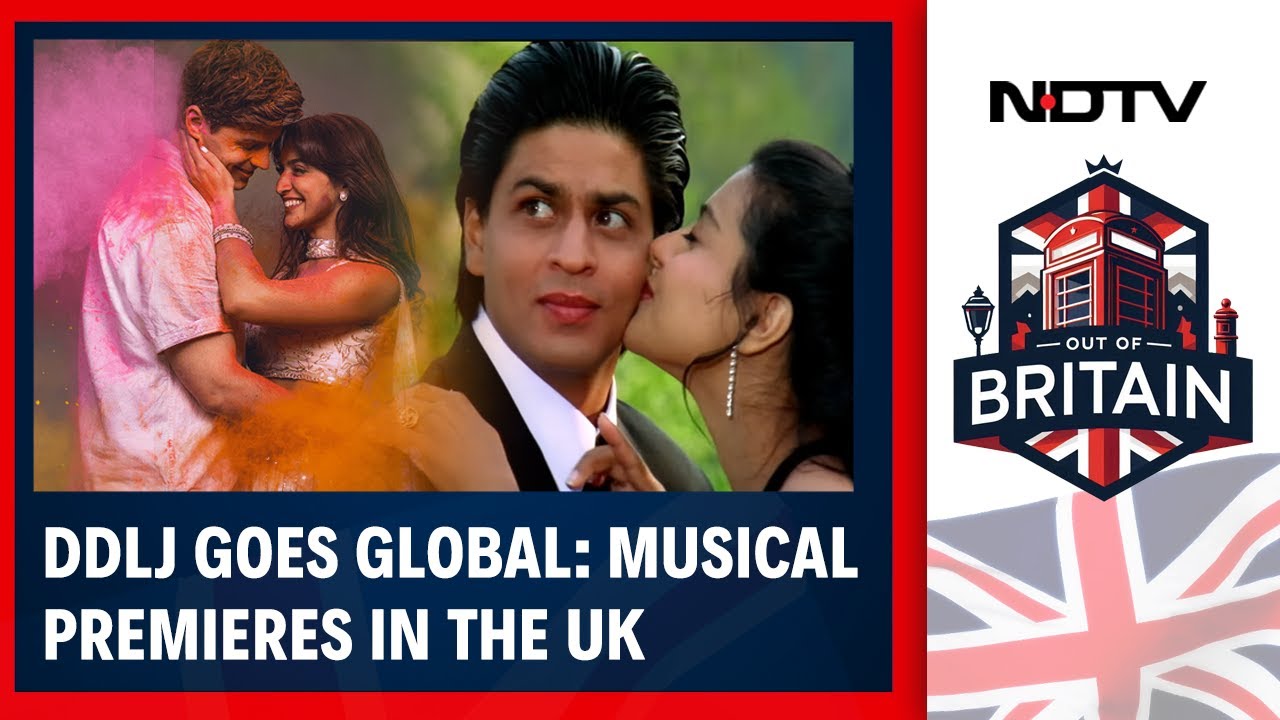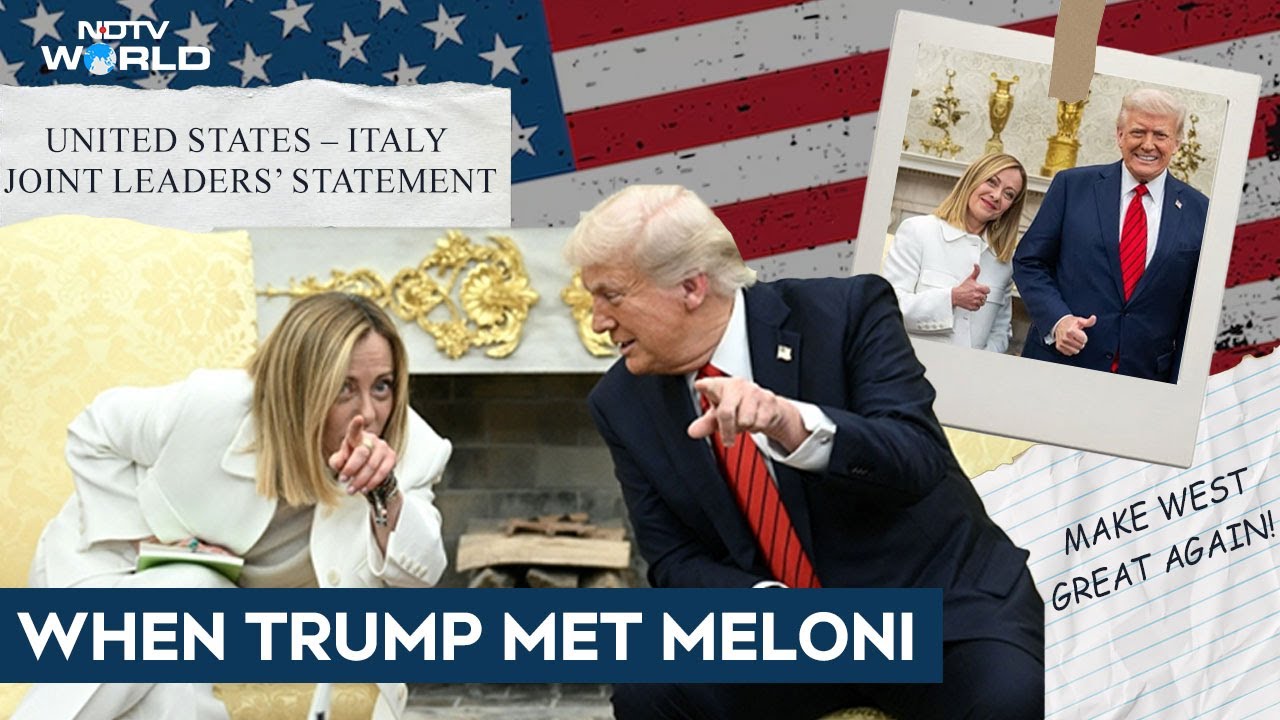Europe To Not Be Part Of Peace Talks Amid Russia-Ukraine War
Europe finds itself sidelined in crucial peace talks for Ukraine, as Donald Trump's Ukraine envoy drops a bombshell. On Saturday, the envoy confirmed that Europe won't be at the table for the negotiations after Washington sent a questionnaire to European capitals, asking what they could contribute to security guarantees for Kyiv. This announcement follows a shocking move by Donald Trump himself. Without consulting European allies or Ukraine, Trump called Russian President Vladimir Putin, declaring an immediate start to peace talks. A move that has rattled many of the U.S.'s closest partners in Europe. Trump shocks Europe with his surprise call to Putin, leaving the continent uncertain about its role in the Ukraine peace process. In recent days, Trump administration officials have made it clear that they expect NATO allies in Europe to take the lead in securing the region. The U.S., they say, has other priorities, including border security and countering China. This shift has triggered concerns across Europe. Many fear that they could be left out of a peace deal that directly impacts their own security. A deal seen as too favorable to Russia could leave European nations vulnerable.Keith Kellogg, the U.S. envoy to Ukraine, spoke at a global security conference in Munich, revealing that the U.S. would act as an intermediary between Ukraine and Russia—while the two countries themselves remain the main players in this delicate diplomatic dance. Meanwhile, France is exploring the idea of an informal meeting among European leaders to discuss Ukraine's future. But as of now, no decisions have been made. Ukrainian President Volodymyr Zelenskiy voiced his frustrations, calling for the creation of a European army. He warned that the continent could no longer rely solely on the U.S. for protection, and that Europe would need a stronger military to earn respect from Washington. Zelenskiy also made it clear: Kyiv will never accept a deal made without its input. And he predicted that Putin might try to showcase Trump as a pawn in Russia’s May 9th World War Two victory parade, not as a respected leader, but as a prop in Putin's performance. In a passionate speech, Zelenskiy underscored a changing dynamic between Europe and the United States. The relationship, he warned, was shifting—and not in Europe's favor. At the conference, U.S. Vice President JD Vance’s remarks made it clear: The evolving relationship between Europe and America is becoming more complex. With tensions rising, the future of NATO and European defense could be at a crossroads. In a glimmer of cooperation, the G7 foreign ministers, including the U.S., came together on Saturday, agreeing to continue working for a lasting peace deal in Ukraine with strong security guarantees. A statement of unity... for now.As Europe waits for its seat at the table, the future of Ukraine, and the continent itself, hangs in the balance.
































